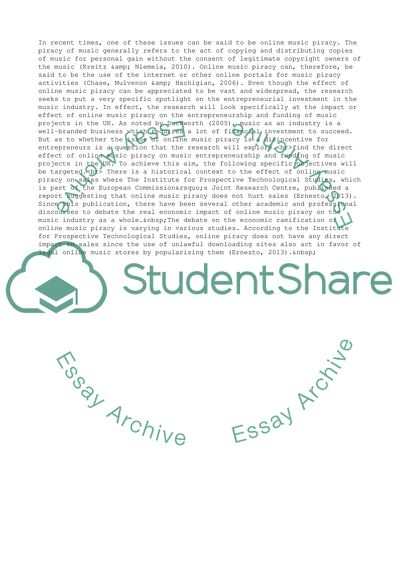Cite this document
(Online Music Piracy Doesnt Hurt Sales Assignment, n.d.)
Online Music Piracy Doesnt Hurt Sales Assignment. Retrieved from https://studentshare.org/business/1695130-the-music-entertainment-manager-research-project-proposal
Online Music Piracy Doesnt Hurt Sales Assignment. Retrieved from https://studentshare.org/business/1695130-the-music-entertainment-manager-research-project-proposal
(Online Music Piracy Doesnt Hurt Sales Assignment)
Online Music Piracy Doesnt Hurt Sales Assignment. https://studentshare.org/business/1695130-the-music-entertainment-manager-research-project-proposal.
Online Music Piracy Doesnt Hurt Sales Assignment. https://studentshare.org/business/1695130-the-music-entertainment-manager-research-project-proposal.
“Online Music Piracy Doesnt Hurt Sales Assignment”, n.d. https://studentshare.org/business/1695130-the-music-entertainment-manager-research-project-proposal.


